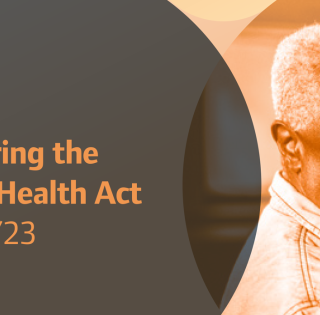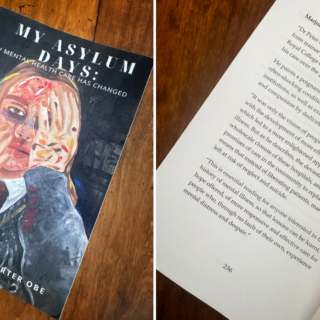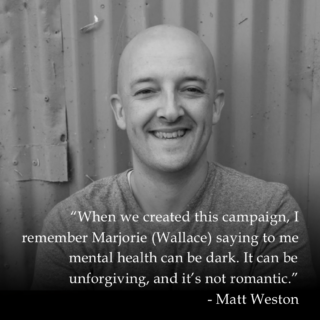Children’s Mental Health Week: why we need action now
This week is Children’s Mental Health Week and the theme this year is Healthy: Inside and Out. When thinking about improving your health people generally think about physical health. However, this week highlights that your mental health is just as important.
There has been a lot of talk about children’s mental health in recent weeks, but in reality services for young people have been in crisis for many years.
Official figures from NHS Digital show that one in eight 5 to 19-year-olds had a mental disorder in 2017. This is up from around one in ten in 2004, the last time such data was collected.
If you take a closer look at the latest statistics gathered it reveals more worrying trends.
- Mental distress sharply increases with age. Around one in six 17 to 19-year-olds had experienced a mental disorder, with anxiety and depression the most common problems.
- Half of girls aged 17 to 19 with a disorder reported having self-harmed or attempted suicide.
- Around one in five children reported waiting over six months for contact with a mental health specialist.
What we want to happen

Our primary concerns are the lack of help children receive when their illness becomes acute, the tens of thousands turned away from specialist services after referral by their GP, and those left to wait for months for counselling.
A huge barrier to improving mental health services for children is the high vacancy rate among healthcare professionals, with the usage of locums often plugging this gap.
One in every ten posts in children and young people’s mental health services in England is currently vacant.
High attrition rates, low recruitment levels and the long time it takes to train professionals makes progression on this issue more urgent. While the government has announced ambitious measures to boost the NHS workforce, it’s difficult to see how young people seeking psychiatric help will start to receive consistent, high quality care soon, given the systemic problems.
It was promised in the NHS long-term plan, published last month, that children and young people’s services would get a funding growth faster than the NHS budget, and the general mental health budget over the next five years. However, we need to ensure money is ring-fenced to reach the frontline. It’s often the case that money committed to mental health is dissipated in meeting the overall need. In addition, chief executives of mental health trusts told NHS Providers that savings were “putting huge pressure on core frontline services”.
Children’s mental health is a missed opportunity
Despite the escalating need, services in many areas remain threadbare. This makes no sense as three-quarters of mental illness starts precisely in this age group, and left untreated can often lead to lifelong mental health problems.
Children’s mental health is a tragic missed opportunity given the proven effectiveness of early intervention. Without prompt treatment problems that could be resolved can spiral, increasing the risk of long-term mental ill-health and making a mockery of the government’s pledge to ensure parity of esteem between physical and mental health problems.
Social media
There has been a large amount of debate and discussion this week about harmful content on social media following the tragic death of 14-year-old Molly Russell. As we outlined in a letter to the Telegraph on Thursday, we believe that the social media giants can no longer be trusted to protect their users. They must be forced to take responsibility for the many thousands of casualties their business model has created.
We hear daily of harrowing stories of people who have become addicted to self-harming as a release from mental pain. It is deeply concerning that 55 per cent of all callers to our helpline report that they have self-harmed or are considering it, compared to eight per cent just 20 years ago.





